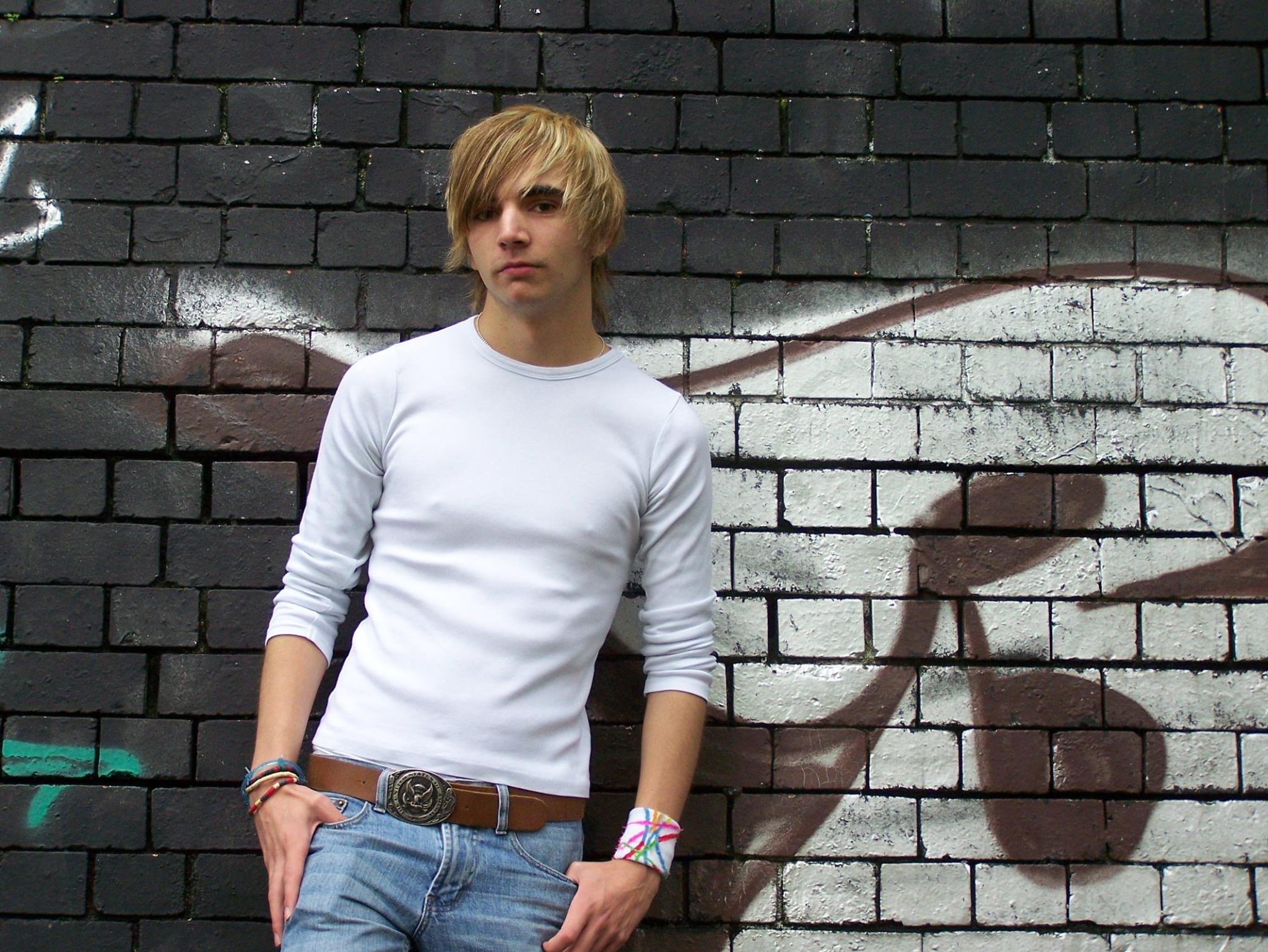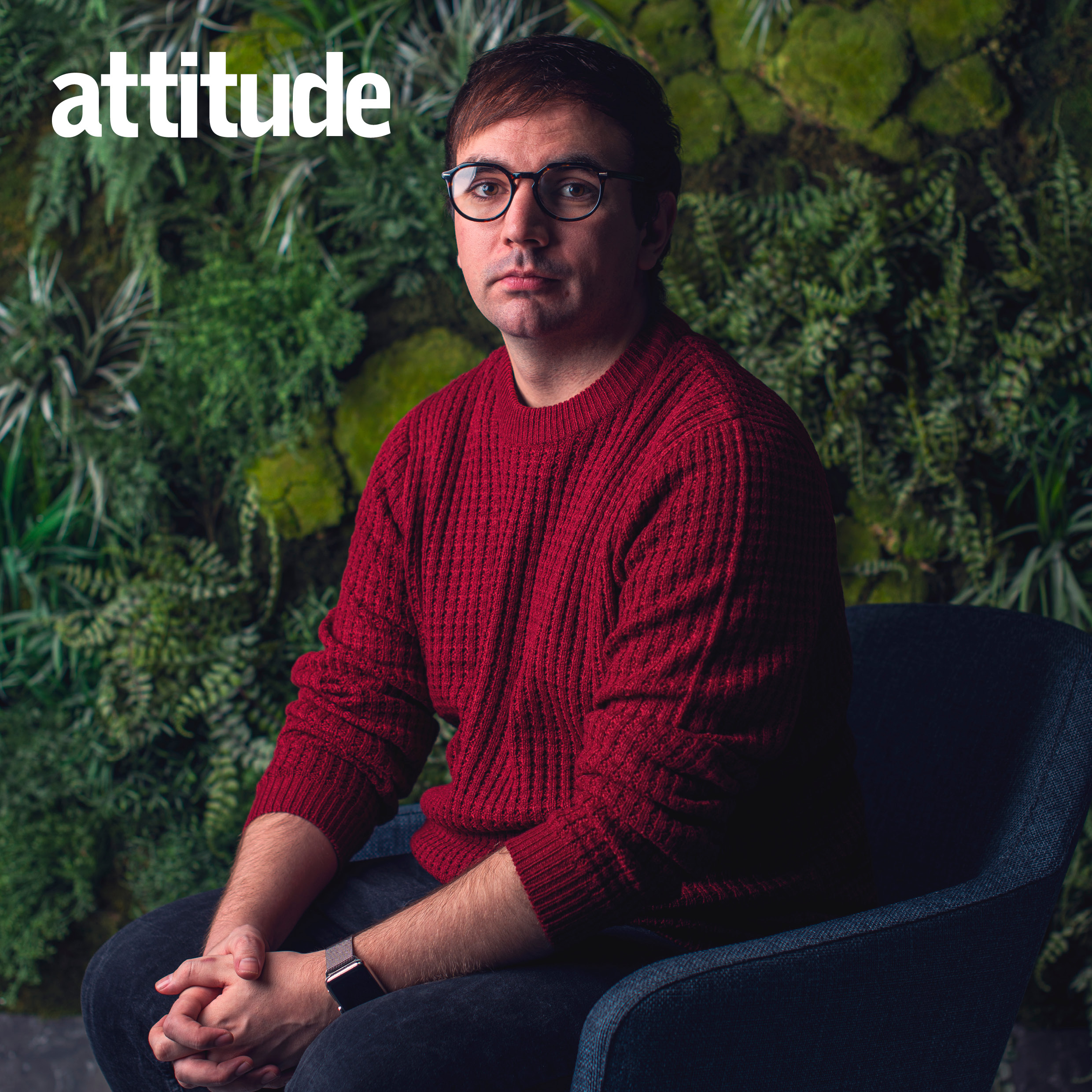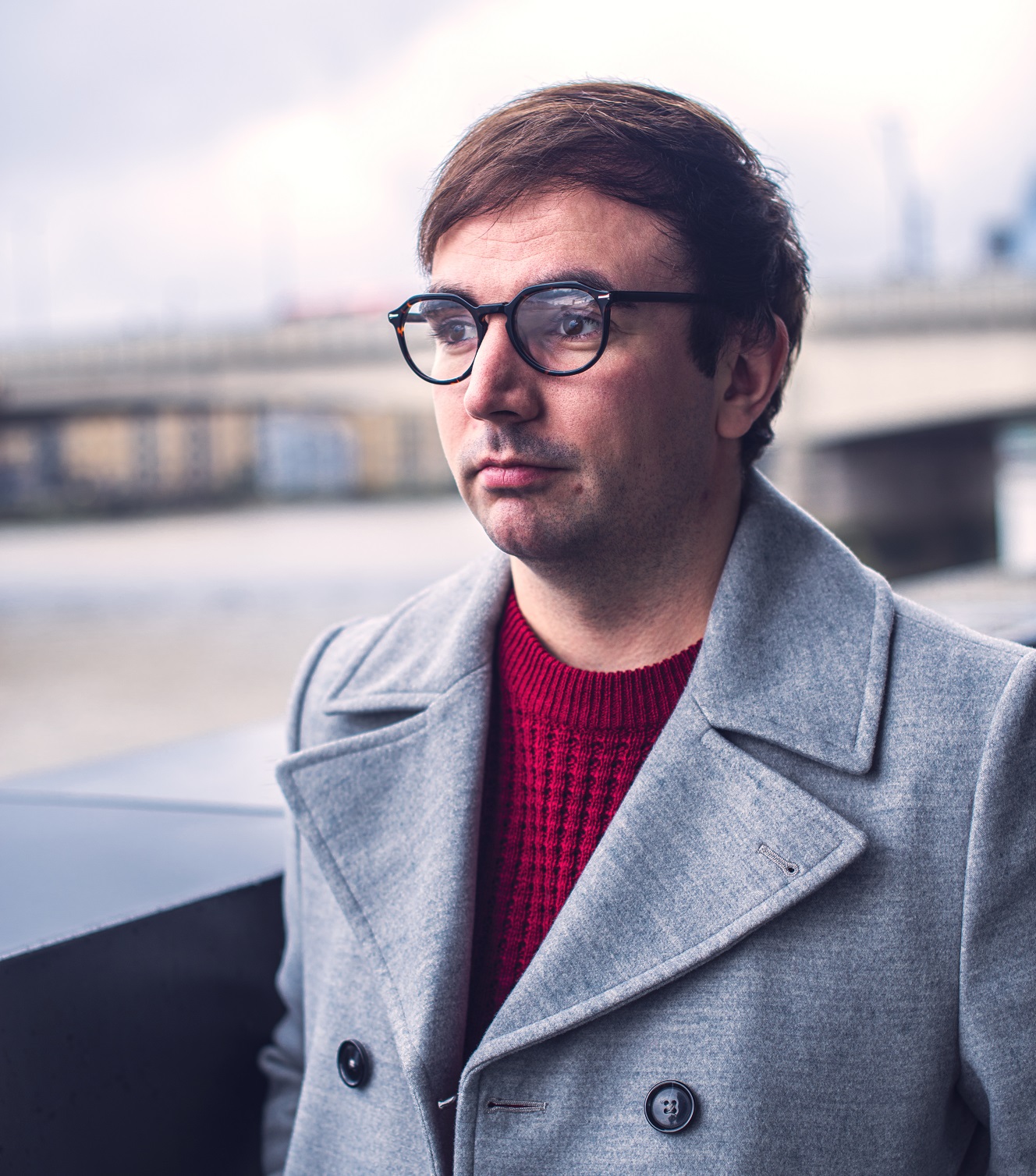An open letter to all the guys I’ve ignored or hurt while reclaiming my life after being raped
Alex Morgan, founder of Stay Brave, shares his story.
By Will Stroude
This article first appeared in Attitude issue 316, December 2019
Warning: The following article contains descriptions of sexual violence and trauma that some readers may find upsetting.
“It’s not you, it’s me.”
The easy, get-the-hell-out-of-there excuse. A cliché break-up catchphrase that 99 per cent of the time is entirely untrue. Often used by those who know the real reason they don’t want to be with someone but want to avoid any drama over revealing it. Deployed by those who have already got over the relationship before it ended. It’s seen as a dishonest and disingenuous “get-out” phrase and, therefore, when used in the dating world, it can cause a strong eye-roll reaction for those who hear it.
And, I’m sorry to say, I cannot tell you how many times I’ve used it. But the truth is, for me, it’s the most honest I’ve probably ever been.
As soon as things start to get real, not real enough, too sexual, not sexual enough, or fit into the exact or inexact requirements that are in my head, I leave.
That is even if I summon up the courage to do the good thing and end things verbally. On several occasions, as soon as I feel not right, I have been known to perform the cardinal dating sin of ghosting.
I know the reasons I do this, and it’s never been easy to talk about. But for the first time, I really want to explain to those boys I’ve ghosted why it was me and not you.
I knew I was gay from an early age but I started experimenting with guys when I was 13. I met Todd, a boy older than me, who told me that I could experiment with guys and get paid for it. And as someone who was cute and always in need of extra pocket money for the next PlayStation game, this was a win-win.
On a couple of nights a week, you would find me in a country-park car park doing things with older guys for £20 or more.
One night, when I was almost 14, after meeting some of these “guys who paid” in a car park in a village near where I lived, I took a shortcut home not realising I was being followed. I was wrestled to the ground and violated.
The experience would affect me for the rest of my life.

Alex Morgan in his younger years
I made my way home and snuck into the house, cleaned up, threw away my ripped boxers, and never spoke of it, denying it happened even to myself, but still going out to meet strangers for sex and entering equally dangerous sexual encounters. All to almost normalise what happened. Normalise the feelings, the rough treatment and the humiliation so I could cope and process it.
Although I stopped going to that car park, what didn’t stop was sex in general.
It sounds odd, a rape survivor continuing to have sex as if nothing happened, but being sexually assaulted can actually make you forget that your body is yours and not property to be owned, or an object. That’s how I felt; my body wasn’t mine — it was something for others to use as they pleased.
I struggled to feel connected with my body. Abuse and trauma survivors have a tendency to repeat or seek out their experiences in an attempt to normalise them. I was still playing with fire. The risk felt comfortable in its familiarity, so I kept looking for it.
I was sleeping with men I barely knew, ignoring my body and mind when it tried to tell me I shouldn’t. I was more focused on trying to reclaim the life I had been living before, someone who was undamaged, than embracing the new reality of “after”.
Boyfriends during this period never lasted more than six weeks. Some on the outside attributed this to me just being a 16, 17, or 18-year-old guy in his prime, not wanting to settle down, playing the field, enjoying his youth. However, all I’ve ever wanted was to settle down. My body was just numb to the idea of intimacy and my partners could see this.
The physical numbness stems from an emotional one, and it’s a natural impulse after undergoing something as horrendous as rape. But it’s also an intimidating force, blocking what many survivors say is one of the most empowering parts of reclaiming their lives after rape: enjoying sex again, or for the first time consensually.
The yawning chasm between mind and body can make it impossible to fully connect with another person, and not being able to fall in love with someone and share that physical intimacy: in my head, I knew I loved them, but I couldn’t feel it in my body.
It took me a long time to acknowledge what happened, and what it was still doing to me years later. It made me come to the decision that when I moved to London to take up my place at university, I would start again.
A new life so my old one wouldn’t hurt me any more and I could forget that the old one happened. I was convinced this was a solution, but it was just the same as I’d been doing for years before: not dealing with the problem — running away and hoping it disappears by itself.
But what I wasn’t prepared for at university was being attacked again.

Photography: Markus Bidaux
It was the summer break and I was having a couple of drinks by myself in a bar in Soho. I was waiting for my sister to finish a musical. It was around 9pm and having had two drinks, the barman was keeping me company. I finished and went to the toilets.
I didn’t see who followed me but they dragged me from the urinal, into a cubicle where they assaulted me.
I left that bar different from when I left the car park years before. I don’t remember much this time; a few memories of meeting my sister after her show and she noticing my belt was undone and that I was “blank in the eyes”.
I was silent as we drove home, just staring out of the window.
Weeks of seclusion and depression followed. I faked smiles and tried to be happy in front of others, usually ending with the need to find a bathroom to hide and cry or scream internally.
In the years after, relationships became impossible. I tried to forget what happened and do what I did before; suppress the truth and ignore what my body was telling me.
But it rarely worked, and the trauma started to win.
It’s not that I didn’t want to be in a relationship, in fact it was the complete opposite. I wanted to feel safe and secure with a partner who understands me.
I dreamed of someone holding me, of not being afraid, of being at home and feeling safe, and being able to go out and enjoy myself without a fake smile.
But I could never get myself there. I had let a stranger kill all my hopes and dreams.
Alongside the normal anxieties most people battle, I waged a war with my memories while trying to manage my shaking confidence and hide those mental scars. Occasionally, one of those internal screams breached my defences and I hid it in a giggle or smile, hoping no one had noticed.
Sex became another internal battle, hidden behind a smile.

Photography: Markus Bidaux
Each time I let these chinks in my armour show, I was convinced that, in some way or other, it’d be the end of whatever I had with a partner. That I’d be judged, seen as someone who had too much baggage and not worth the effort. I left myself open and unguarded to the pain of rejection.
Or something worse could happen: my partner would listen and understand. He could accept what I told him without judgment and feel as if he needed to help me get through it. Bound to me because he felt he needed to be my white knight — to rescue me from whatever dark place I retreated to.
The thought of having them do that was as painful as rejection, making me feel selfish and not letting them have a “normal” partner.
I felt the only option was to vanish. The moment someone got too close or saw those weaknesses in my walls, the danger of putting them in those avenues was too great. They could be a good person, loving and kind, and I would ghost them while convincing myself it was a better thing to do than be open and honest.
Even through my years of campaigning for survivors such as myself, and even founding a charity, I was still working through things myself. Behind these paperthin illusions is someone still terrified that he might be seen differently.
But I am learning and I’m recognising that this journey will be trial and error. I did not ask to be raped. That word is so difficult for me to say, even all these years later.
I know now that it wasn’t my fault. It doesn’t make me wrong, dirty or damaged. Neither does it make me unworthy of love or affection. I don’t need to be frightened. Not any more.
More than anything, it makes me want to listen and honour the part of me that always knows best. The warning lights, the gut instincts, the icky feelings of uncertainty.
They’ll be my best teachers for whether or not another person is safe for me to engage with. I can only hope that I will keep listening. That I will continue to have a choice. That I’ll share that with those who I choose to place my trust in.
That is all I ask, as I continue to move forward and survive.
Alex Morgan is a writer, campaigner and founder of Stay Brave, a charity which works to remove the barriers that survivors of rape, sexual assault and abuse face when asking for help.
Follow him on Twitter @alexjaymorgan.
